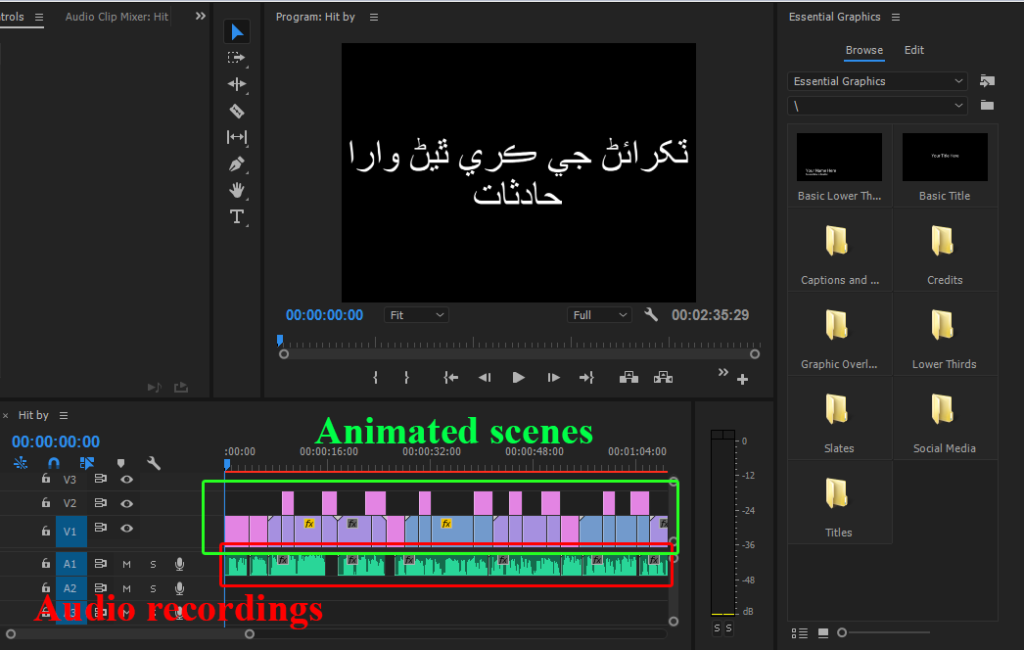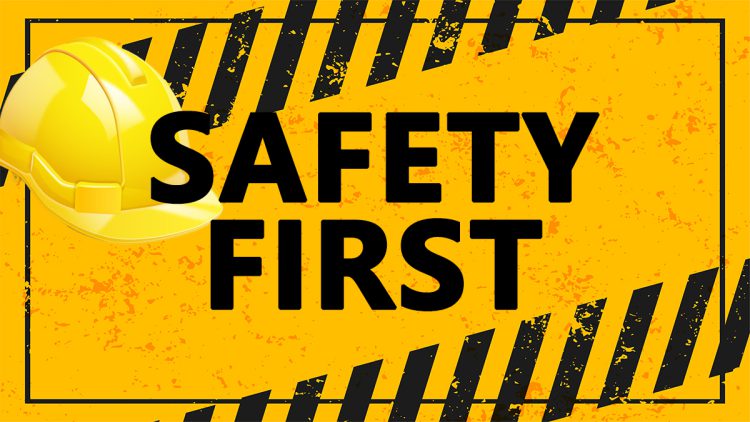As the saying goes, “safety first,” applies to every work industry globally, especially in construction. The construction industry is one of the most hazardous industries globally, and Pakistan is no exception. Pakistan is the sixth most populous country in the world, with over 220 million people. Out of this population, a significant number work in the construction industry, which is one of the most dangerous industries to work in.
Construction workers face numerous risks every day, such as falls, struck-by/hit-by objects, and electrical hazards. Sadly, these hazards have resulted in countless accidents, injuries, and even fatalities. These accidents on construction sites not only cause physical harm to workers but also result in loss of time, resources, and productivity. The construction industry presents unique challenges due to the varying work environments and climatic conditions that workers are exposed to. Unlike many other industries that operate primarily indoors within controlled environments, construction workers often spend a significant amount of time working outdoors. Unfortunately, this exposure to changing and unpredictable conditions can make construction workers more vulnerable to workplace accidents.
One of the main contributing factors to this vulnerability is the lack of formal construction safety training and education for new workers. Moreover, the safety trainings are usually presented in a language that is difficult for the worker to understand. The researchers recognized that most construction workers in Pakistan do not speak the national language (Urdu) and have varying levels of literacy. The workers are more familiar with the languages that are spoken in their region and often face barriers when they work in a far distant area. This creates a pressing need for increased investment in safety training programs for construction workers that face language and education barriers.
Fortunately, the Department of Construction Engineering and Management at the School of Civil and Environmental Engineering (SCEE), National University of Sciences and Technology (NUST) has taken an initiative to address this issue by improving safety training for local and less-educated construction workers. The study is the first of its kind in Pakistan to integrate seven regional languages for effective safety training of construction workers. The research team developed safety training modules covering three major accident types: accidents due to falls, accidents due to struck-by/hit-by objects, and accidents due to electricity. The training modules were designed to cater to the diverse linguistic needs of the workers. The team then recorded audio narrations for each module in seven regional languages including Punjabi, Sindhi, Pashto, Balochi, Saraiki, Kashmiri, and Urdu. The modules were then shown to a total of 115 construction workers from different regions and educational backgrounds to evaluate the effectiveness of the developed training.

The feedback on the developed modules was overwhelmingly positive. The majority of the participants gave positive feedback concerning the volume, quality, and clarity of the narration which enhanced comprehension. Participants were also satisfied with the pace and synchronization of the on-screen actions and animations. The study also revealed that the developed modules have the potential to create safety awareness among newly recruited individuals on-site which increases the study potential.

The study also highlighted some areas where improvements could be made, including the desire for longer training modules that cover a wider range of safety hazards. Additionally, some participants suggested physical design changes to some of the animations, which were subsequently incorporated into the final versions.
The positive feedback received during the study is encouraging, particularly as the research team worked to incorporate the diverse language and cultural backgrounds of construction workers in Pakistan. By providing safety training modules in multiple languages, the team was able to bridge the gap between construction workers and safety information. This is particularly important in the context of construction work in Pakistan, where language and cultural barriers may hinder safety training effectiveness.
The study’s findings also highlight the importance of accessibility in safety training. By providing safety training in regional languages, the research team has made safety information more accessible to workers from different regions and with varying levels of education. This is especially important in a country like Pakistan, where a majority of construction workers come from low-income backgrounds and may not have access to formal education.
The findings of this research have significant implications for the construction industry in Pakistan. With the integration of seven regional languages, the safety training modules developed by the research team can be easily understood by workers from different parts of the country. This not only improves safety on construction sites but also promotes greater inclusivity and diversity in the workplace. Moreover, this can also serve as a model for other industries that employ a diverse workforce. By using regional languages to develop safety training modules, businesses can ensure that their workers are fully equipped to handle any hazards that may arise in the workplace. This can go a long way in preventing accidents, reducing downtime and improving overall productivity.
In conclusion, the research conducted by the Department of Construction Engineering and Management at NUST is a significant step forward in improving safety training for construction workers in Pakistan. By integrating regional languages into the safety training modules, the research has made important strides in promoting inclusivity and diversity in the workplace. With the success of this study, there is hope that other industries in Pakistan and beyond will follow suit and develop safety training modules that are accessible to all workers, regardless of their linguistic background.
The developed safety training modules in the Punjabi language can be seen in the below-given video:
Original Research
Arif, M., Nasir, A. R., Thaheem, M. J., & Khan, K. I. A. (2021). ConSafe4All: A framework for language friendly safety training modules. Safety science, 141, 105329. DOI: 10.1016/j.ssci.2021.105329.
The author is the Head of Construction Engineering and Management Department at the NUST Institute of Civil Engineering (NICE), School of Civil and Environmental Engineering (SCEE), National University of Sciences and Technology (NUST). He can be reached at abdur.nasir@nit.nust.edu.pk.
Research Profile: https://shorturl.at/jqwBI
![]()





